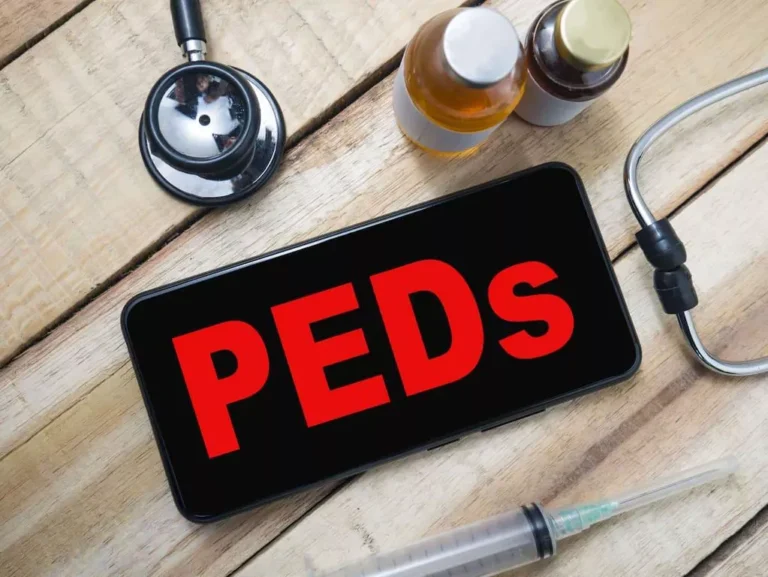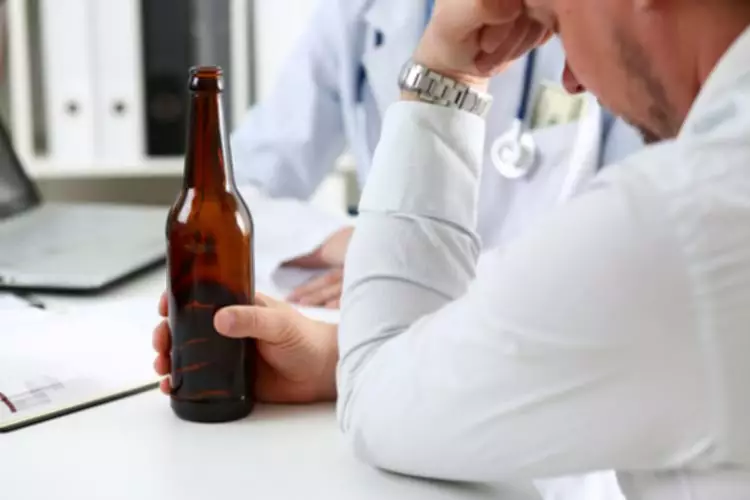
Check your drugs now, it’s personalized to your gender and age. This article is not intended to be a substitute for professional medical advice or diagnosis. Always seek the advice of your physician or other qualified health provider with any questions you may have regarding a medical condition. Snatiation is a combination of the words “sneeze” and “satiation,” which means being full or satisfied. It refers to a relatively common but poorly understood condition that causes people to sneeze uncontrollably after a large meal.
- Wine contains proteins from grapes, bacteria, and yeast, as well as sulfites and other organic compounds.
- Additionally, taking Pepcid before drinking can pose long-term health risks, like higher rates of esophagus and stomach cancer.
- Sulfites are an ingredient used to make beverages and foods last longer.
- If people do not produce enough of this enzyme, they may not break down histamine efficiently, which may lead to intolerance symptoms.
How common is alcohol allergy?
Rinsing your nose with salt water can help with symptoms of nonallergic rhinitis. The most common method of rinsing is via nasal irrigation with either neti pots or specially made squeeze bottles. You can rinse before you use nasal sprays to help the medicine work more effectively.
What to Know About Gustatory Rhinitis

If you’re allergic to wine, you may notice that you sneeze more after drinking it. In some cases, reactions can be triggered by a true allergy to a grain such as corn, wheat or rye or to another substance in alcoholic beverages. The best way to prevent sneezing after eating is to avoid offenders, such as spicy foods like hot pepper, foods you are allergic to, and large quantities of food.
Nasal polyps
If you find that straight spirits make you sneeze, try diluting them with water or soda before you drink them. This will reduce the alcohol in the drink and make it less likely to trigger a sneeze. The most likely explanation is that alcohol dilates blood vessels in the nose, which can cause irritation and lead to sneezing. One is that alcohol dilates blood vessels in the nose, which can cause irritation and lead to sneezing. Another possibility is that alcohol irritates the mucous membranes in the nose, causing them to swell and lead to sneezing.
When to speak with a doctor

An allergist is a special type of doctor that focuses on allergic conditions. However, allergies to certain ingredients in alcohol can sometimes resemble alcohol intolerance. It’s also possible that your alcohol-induced sneezing after drinking alcohol nausea is a gastrointestinal issue. Alcohol irritates the lining of the stomach and intestines and slows digestion, which increases fats in the liver and stomach and secretions from the pancreas.
- On this plan, you’ll cut a specific food out of your diet to see if your symptoms get better.
- It’s possible to develop an alcohol allergy at any point in your life.
- If a person thinks they have an alcohol allergy, they should eliminate alcohol from their diet and consult with a healthcare professional.

Your body needs this enzyme to properly metabolize alcohol and eliminate it from the body, so there’s nothing you can do to prevent or cure alcohol intolerance. Alcohol intolerance is genetic.4 The ALDH2 deficiency that causes alcohol intolerance is a genetic mutation. It can be passed down through generations, even if it doesn’t appear to affect your parents or grandparents. This enzyme deficiency is most common in people of East Asian descent. An allergy is when your immune system has an unusual reaction to a substance, like dust or nuts. Alcohol intolerance is linked not to your immune system, but to your metabolic system.
Can You Mix Trazodone and Alcohol? Plus, 3 More FAQs About This Risky Combination
For some people, alcohol can also make allergy symptoms worse. If drinking from a glass makes you sneeze, try drinking through a straw instead. This will help reduce your nose’s contact with the drink and make it less likely to trigger a sneeze. With medical big data and proven AI algorithms, eHealthMe provides a platform for everyone to run phase IV clinical trials.
- Hydration may help alleviate this symptom, but it won’t eliminate your stuffiness completely.
- One report, which the American Academy of Allergy Asthma & Immunology (AAAAI) cite, found a link between high levels of alcohol use and high IgE levels.
- Dilated blood vessels can cause inflammation and swelling in the nasal passages.
- Since alcohol products originate from various sources, you may be intolerant to one kind of alcohol and not another.
Non-allergic rhinitis happens when the inside of your nose becomes irritated, causing a blocked or runny nose. It can be treated with medicines from a pharmacist or GP. Some people sneeze after eating, but doctors still aren’t completely sure why. Gustatory rhinitis and snatiation seem to be common causes, but both are still poorly understood. However, there are certain things you can do to keep your nose clear and free of extra mucus, which may help reduce sneezing after eating. If you suspect you have an allergy to wine, make an appointment with a healthcare provider.
Stuffy Nose
While just about anything can trigger an allergic reaction, some things (like a bee sting, peanuts, and certain foods) are more likely to trigger allergic reactions than others. Feeling sick after just one drink could also mean that you’ve developed an allergy to something in that drink. Sulfites are often used as a preservative to make the alcohol last longer, while also helping to prevent contamination from bacteria or other microorganisms. An allergy to any of these ingredients can cause nausea, as well as rash, swelling, stomach cramps, and difficulty breathing. Dilated blood vessels can cause inflammation and swelling in the nasal passages. This can lead to sneezing as well as a runny or stuffy nose.